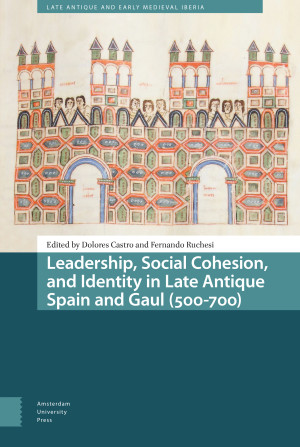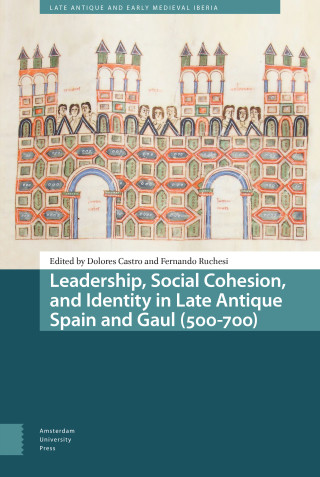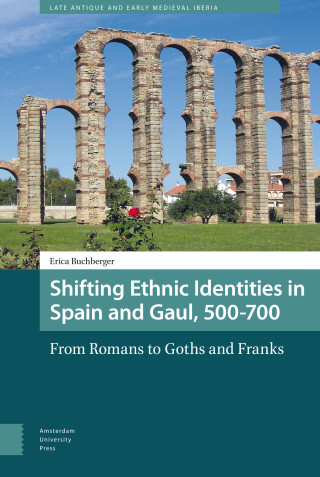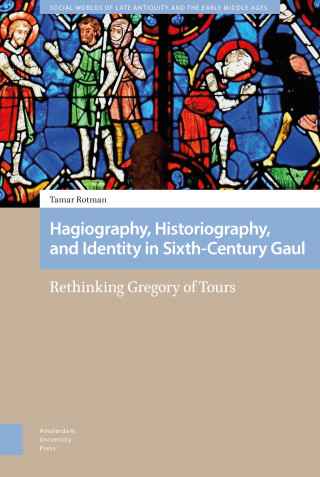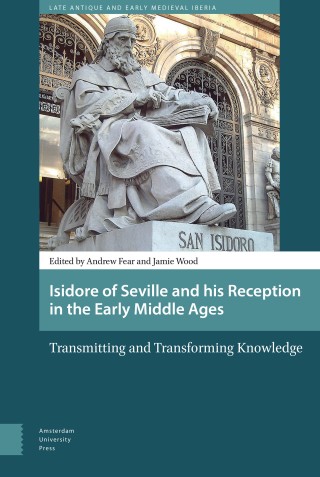Dolores Castro
Dolores Castro received her PhD in 2017 from Universidad de Buenos Aires. She is assistant lecturer at Universidad de General Sarmiento, Argentina. Her current research explores the fields of religion and political power in Late Antiquity and the Early Middle Ages, with particular focus on the Visigothic period.

